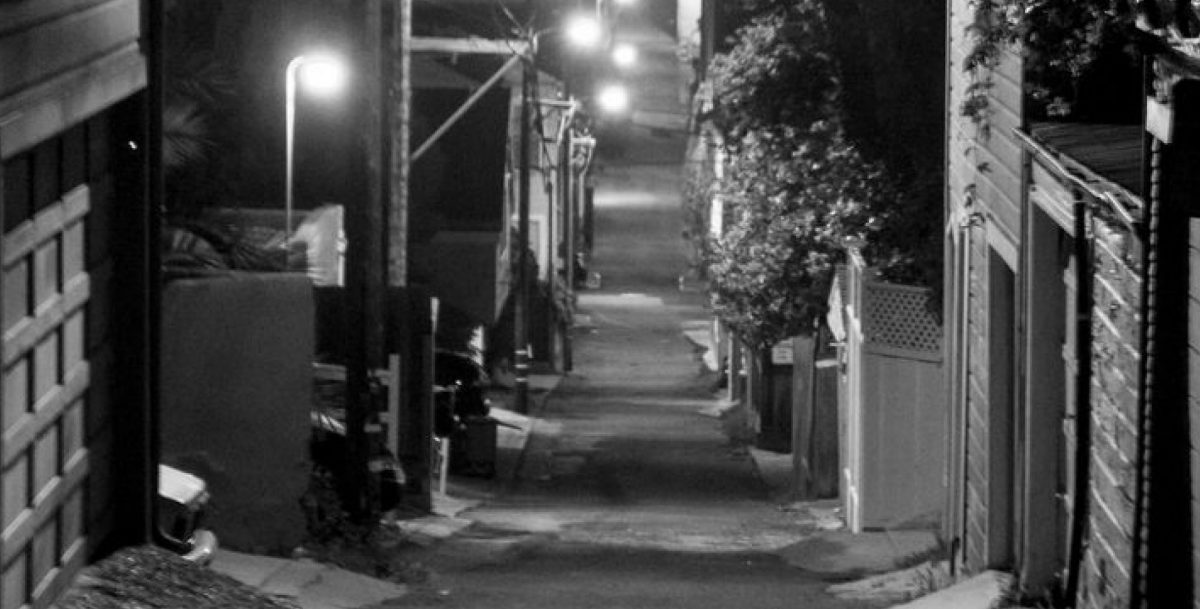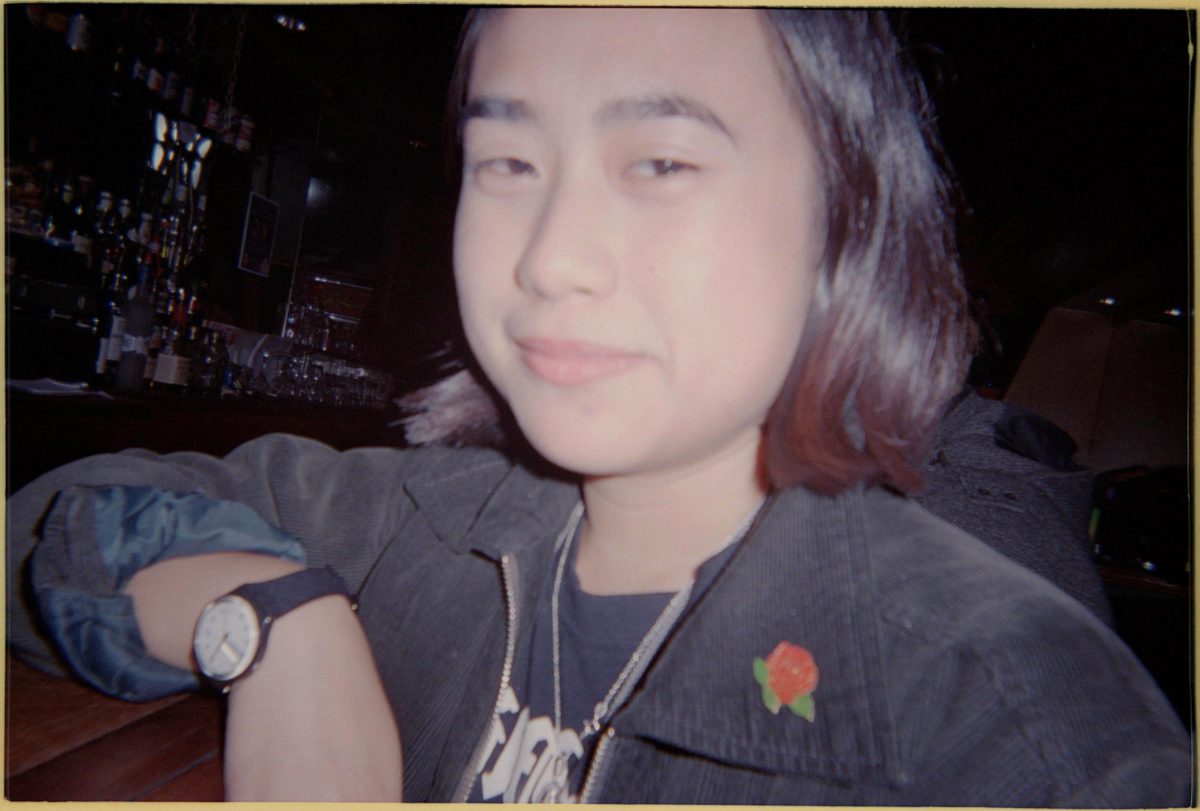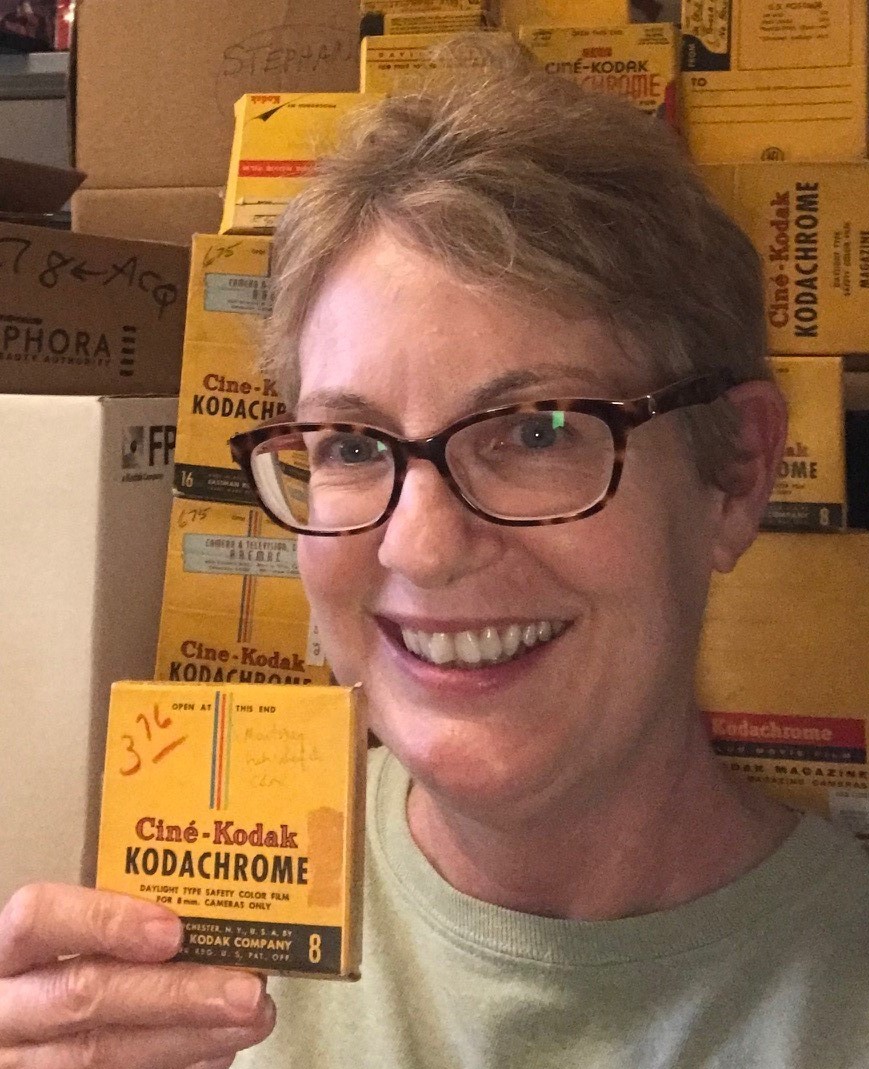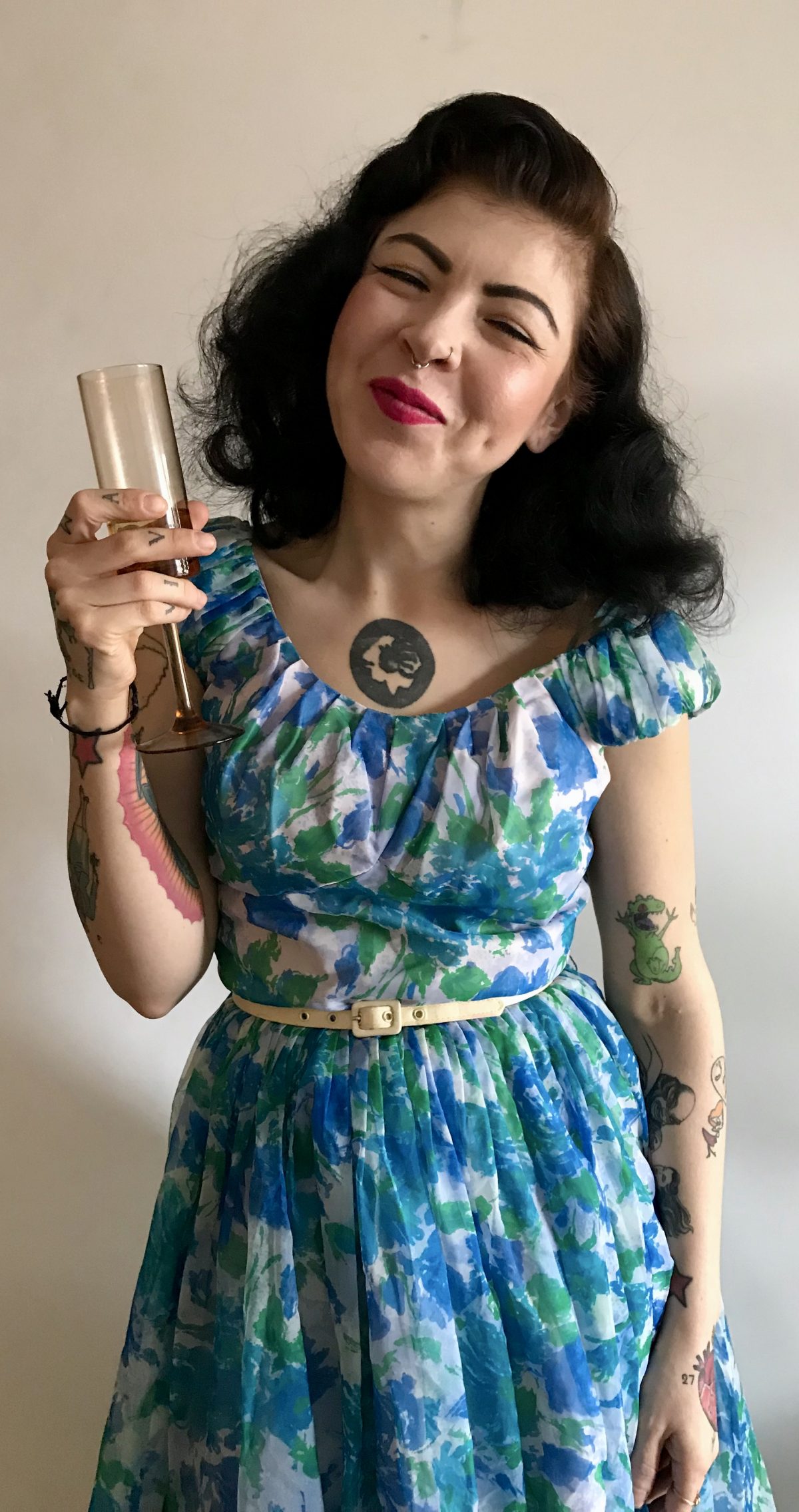This episode is the official Home Movie Day episode and it is extremely exciting! As you may recall, other guests have discussed the critical value of home movies. The exceptional Snowden Becker was a guest and she is one of the actual founders of Home Movie Day, Erica Lopez came on and spoke on her vital and unique work on Mexican home movies, and Lynne Kirste was a guest and we examined the way classic Hollywood depicted themselves in the home movie genre and why those films are such incredible gems in their own right.
I couldn’t be more excited to have Patricia Ledesma Villon be representing and speaking about home movies for Home Movie Day, 2018. In my eyes, she is exactly what the archiving and library world should be embracing and looking for in their new hires and future generations. If you are an employer reading this, take my advice: the qualities Patricia has are those you want. Passion, honesty, conviction and dedication.
As she and I discuss on the show, home movies are not simple nor are they just about fun nostalgia. Many times they are incredibly challenging and they can produce great discomfort in the viewer. This is one of the very important aspects of this moving image genre.
When home movies are shown, class, culture and representation are key elements and should always be part of the presentation. Yet this is rarely done. Home movie texts can always be enjoyed on the basis of narrative or nostalgic pleasure- they are so much fun and so pleasurable to watch– but it does them a disservice to deny their complex historicism and social meaning. Patricia’s work as an intern with CAAM and her own archival scholarship stand out in this manner as she introduces powerful ways of examining these critical moving image works, especially vis-a-vis Asian American communities.
Finally, although we touched on the importance of hiring people of color during our discussion, Patricia emailed me afterwards to emphasize that we should highlight black, indigenous, queer and disabled archivists in our community, especially as we remember the cultural significance of Home Movie Day.
Her bio & some REALLY TERRIFIC links are below, as usual. Hope your Home Movie Day rocks!!
PATRICIA LEDESMA VILLON is an archivist based in Oakland, California. A Bay Area native, she has worked for several Asian media nonprofits in the area. Patricia most recently interned at the Philippine Film Archive (formerly known as the National Film Archive of the Philippines) where she digitally restored a short film submitted to the 2017 Short Film Festival of Switzerland. She is currently interning at the Center for Asian American Media (CAAM) where she works on Memories to Light, a project preserving the home movies of Asian American families on Super 8, 8mm and 16mm formats. She received her B.A. in media from the University of California, Berkeley and is a member of Low Light Darkroom and Black Hole Collective Film Lab, a DIY member-run analog still image and motion film collective.



